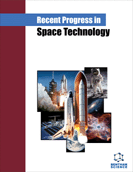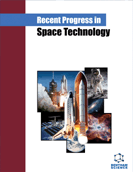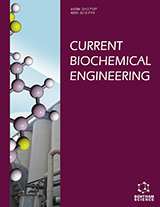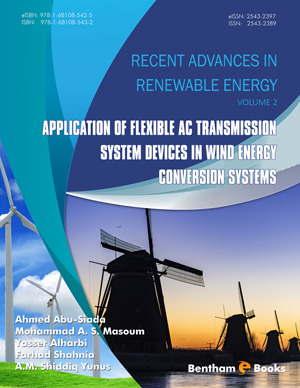Abstract
Various nations have distinct visions/missions and energy implementation
strategies. Energy sources are essential to a nation's economic development and a
necessity for all inhabitants. Several nations face varying degrees of energy catastrophe
as a result of insufficient natural resources today mixed with the COVID-19 outbreak.
This emergency led to the shutdown of numerous industrialized divisions exacerbated
unemployment, constrained energy access, and associated societal shocks. A
fundamental reason for these conflicts is the widening chasm between energy delivery
and orders, financial issues, logistics, and irrelevant strategic planning considerations.
The use of bioresources as a novel source of waste biomass was identified as a crucial
criterion for bridging the gap and creating a vast outlook for an environmentally
friendly biorefinery and bioremediation process. This presents a potential obstacle, as it
suggests a replacement for fossil fuels in the production of specialty compounds and
energy carriers. As a carbon-neutral mode/s, this reduces market anxiety and negative
environmental repercussions. This ecological bioremediation with the use of biomass
(phytoremediation), less expensive sorbents (for bioaccumulation and biosorption), and microorganisms (mainly agricultural byproducts) is more favorable than conventional
ones.






















